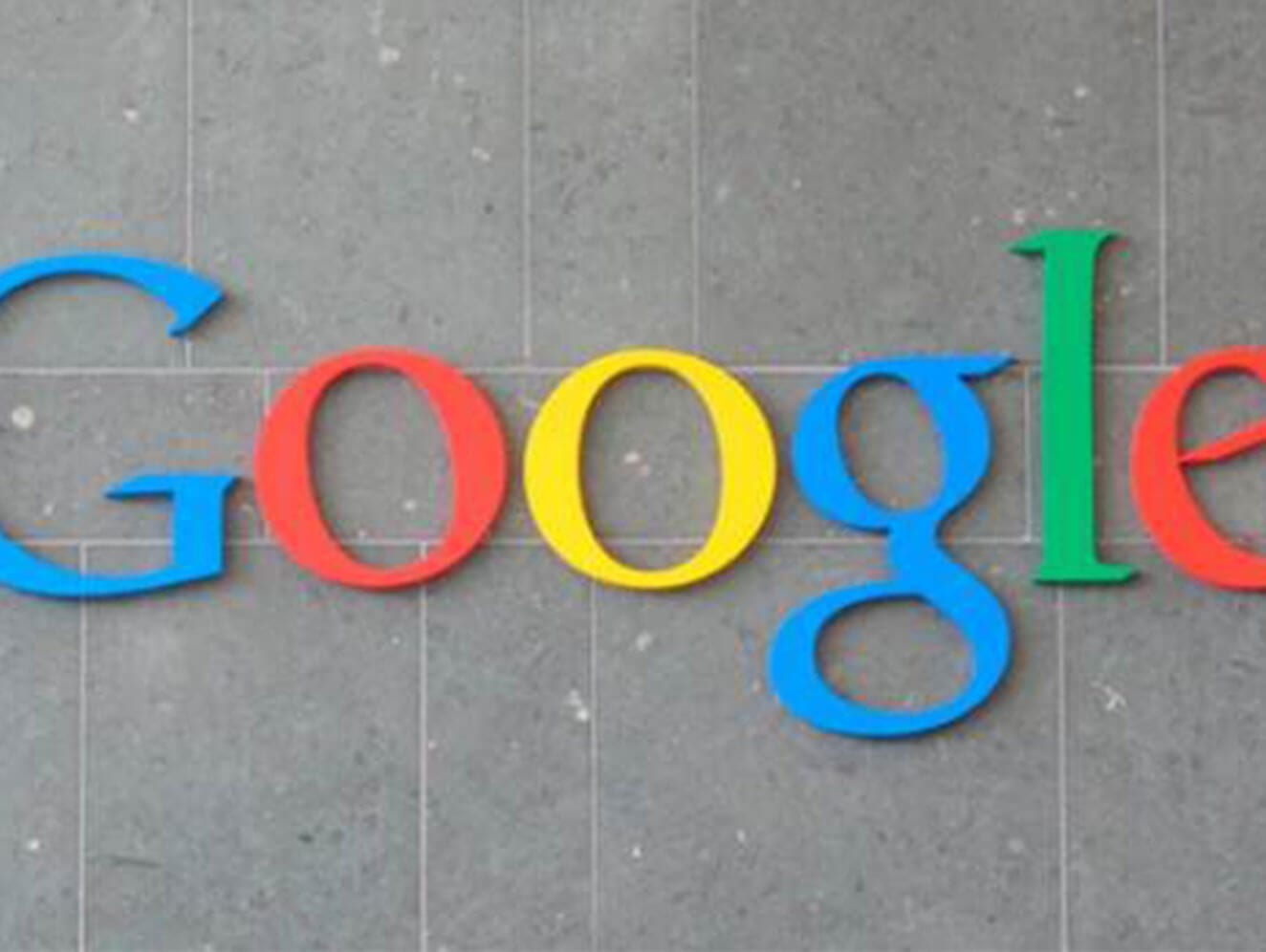Confusion has always surrounded what type of content is acceptable by Google when it comes to duplication. Can you copy “legal boilerplate” such as a Privacy Policy page or will that earn you a strike from the search engine giant? Can you copy page-to-page from one website to another if you want to use the same content in both places?
Google is not always transparent about what it considers bad behavior on the part of webmasters, but in the case of duplicate content, it is pretty simple: do not duplicate content if you want the page to count for SEO purposes.
Matt Cutts and the Duplication Issue
Matt Cutts recently gave a rather vague explanation of the duplication issue on behalf of Google.
“The answer is, I wouldn’t stress about this unless the content that you have is duplicated as spammy or keyword stuffing or something like that . . . if it’s legal boiler plate that’s sort of required to be there . . . it’s probably not going to cause you a big issue,” Cutts said.
However, Cutts went on to stress that the key issue is not duplication per se but the intent of the content.
“If that’s the only value add you have then you should ask yourself, ‘Why should my site rank higher than all these hundreds of other sites when they have the exact same content as well?'” Cutts stated.
Ultimately, Google will look at the added value of your page versus hundreds of others that may have duplicate content.
Value Adds Protection
Not only does value protect you from accusations of copying, it may also help you if someone else decides to copy your content.
If your page was there first and it obviously has value for the reader, you can make a good argument against another website if that site copies your words. This is especially helpful for attorneys and others who may blog on legal issues and find that someone else has stolen their original work.
Ultimately, it pays not to copy content. Having fresh, original words provides you with protection from copyright infringement and from accusations of plagiarism and gives your readers new ideas and material to absorb. It can also help you rank higher with Google when the search engine recognizes your efforts to create new, valuable work and publish it on the web.
